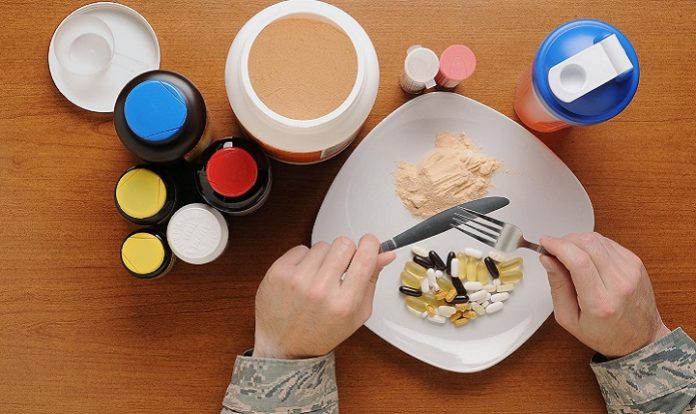Prioritizing nutrition care for home health patients minimize hospitalizations and save healthcare costs
New research has found that prioritizing nutrition care for home health patients at risk for malnutrition had a dramatic impact. It helps keep them out of the hospital – resulting in millions of dollars in healthcare cost savings.
Nearly 5 million Americans annually rely on home healthcare to recover from an illness, injury or hospitalization. While healthcare providers are constantly striving to improve patients’ health and minimize hospitalizations, nutrition is often not top of mind, yet it plays a critical role in helping adults bounce back and resume their normal routine.
”By maintaining proper nutrition, patients have greater strength, heal faster, have fewer falls and reduced readmissions”
In the study published in the Journal of Parenteral and Enteral Nutrition, more than 1,500 home health patients were followed for 90 days. The study found that when patients at risk for malnutrition received a comprehensive nutrition care program, including nutrition drinks, to aid in their recovery:
-
Risk of being hospitalized was significantly reduced by 24% in the first 30 days, nearly 23% after 60 days, and 18% after 90 days.
-
Healthcare costs were reduced by more than $2.3 million or about $1,500 per patient at risk for malnutrition treated over the course of 90 days.
”Our goal as a home healthcare provider is to help patients get back on their feet as quickly as possible and to keep them out of the hospital,” said Katie Riley, R.N., vice president, post acute chief nursing officer for Advocate Aurora Health and the lead study author.
As many as 1 in 3 patients at home are at risk of malnutrition, which can impact their recovery or cause further health issues. Therefore, more healthcare systems are starting to focus efforts on the identification and management of malnourished or at-risk patients through regular monitoring and follow up.
“It’s clear that nutrition can be a simple, cost-effective tool to improve patient outcomes,” said Suela Sulo, Ph.D., health outcomes researcher at Abbott and a study author. “Healthcare systems are driven to improve patient care while reducing costs. Our research shows that prioritizing nutrition across different settings of care – or from hospital to home – can significantly cut costs while improving patients’ health.”
”By maintaining proper nutrition, patients have greater strength, heal faster, have fewer falls and reduced readmissions,” said Gretchen VanDerBosch, R.D., study author and a lead registered dietitian at Advocate Health Care.


